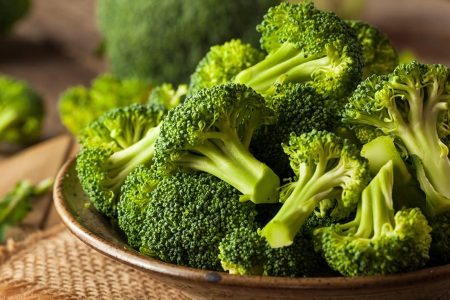Have you ever noticed how your mood seems to follow your meals? How a fresh, colorful, and nourishing dish leaves you feeling light, focused, and energized—while something overly processed or heavy makes you feel sluggish or drained?
This ancient Sanskrit proverb captures it all so simply:
“Jaisa Ann, Waisa Mann”— “As is the food, so is the mind.”
At first glance, it may sound poetic. But within these few words lies a timeless truth— one that modern science is only just beginning to understand. Ancient Indian wisdom has long taught that food doesn’t just feed the body—it shapes the mind, molds the emotions, and touches the spirit.
Your mind reflects your meal: What you eat has the power to uplift, center, or cloud your mental state, often more than you realize.
What Does This Proverb Really Mean?
In Sanskrit, Ann means food, and Mann means mind. This phrase, rooted in the teachings of Ayurveda, reminds us that food carries more than calories; it carries energy. Some foods are calming, others are agitating, and some are deeply nourishing. The quality, purity, and vitality of what we eat directly influence our thoughts, moods, and consciousness.
Sound familiar? It should.
Science Joins the Table: Food and Mood Are Deeply Connected
Modern science is uncovering fascinating links between what we eat and how we feel. Today, research in nutrition and neuroscience echoes what ancient seers once intuited: our food choices shape our mood, sharpen our focus, fuel our energy, and even influence how we handle stress.
And guess what continues to emerge as the most supportive diet for brain health?
Yes, you guessed it: a plant-based one.
Why Plant-Based Eating Supports a Healthier Mind
Whole, plant-based foods are naturally rich in fiber, antioxidants, and essential nutrients that nourish not only the body but also the mind. They help soothe inflammation, stabilize blood sugar, balance hormones, and—most importantly—feed the gut microbiome, which plays a key role in mental well-being.
In contrast, diets high in processed foods, animal fats, and refined sugars have been linked to increased inflammation—and with it, anxiety, fatigue, and mental fog.
So, when purveyors of ancient wisdom say “Jaisa Ann, Waisa Mann,” and scientists say “Eat more plants for a better brain,” we are really hearing the same truth, spoken in two different languages.
A Gentle Invitation to Eat with Intention
This isn’t about perfection or restriction. It’s about awareness. About tuning in and asking: How does this meal make me feel? Does it leave me clear, light, and energized—or heavy and dull?
Change begins with simple shifts. One colorful plate at a time.
And if you’re wondering where to start, you’re not alone. Our website, VeggieFestChicago.org offers a vibrant collection of plant-powered recipes that are as nourishing as they are satisfying. Whether you’re new to vegan eating or looking to deepen your plant-based journey, there’s something delicious waiting for you.
Coming Up Next…
Our next blog in this series will explore the fascinating gut-brain connection—why your digestive system may be the secret to feeling calmer, clearer, and more focused.
But for now, just remember this:
Your plate holds more power than you think.
Choose with care—and your mind will thank you.







